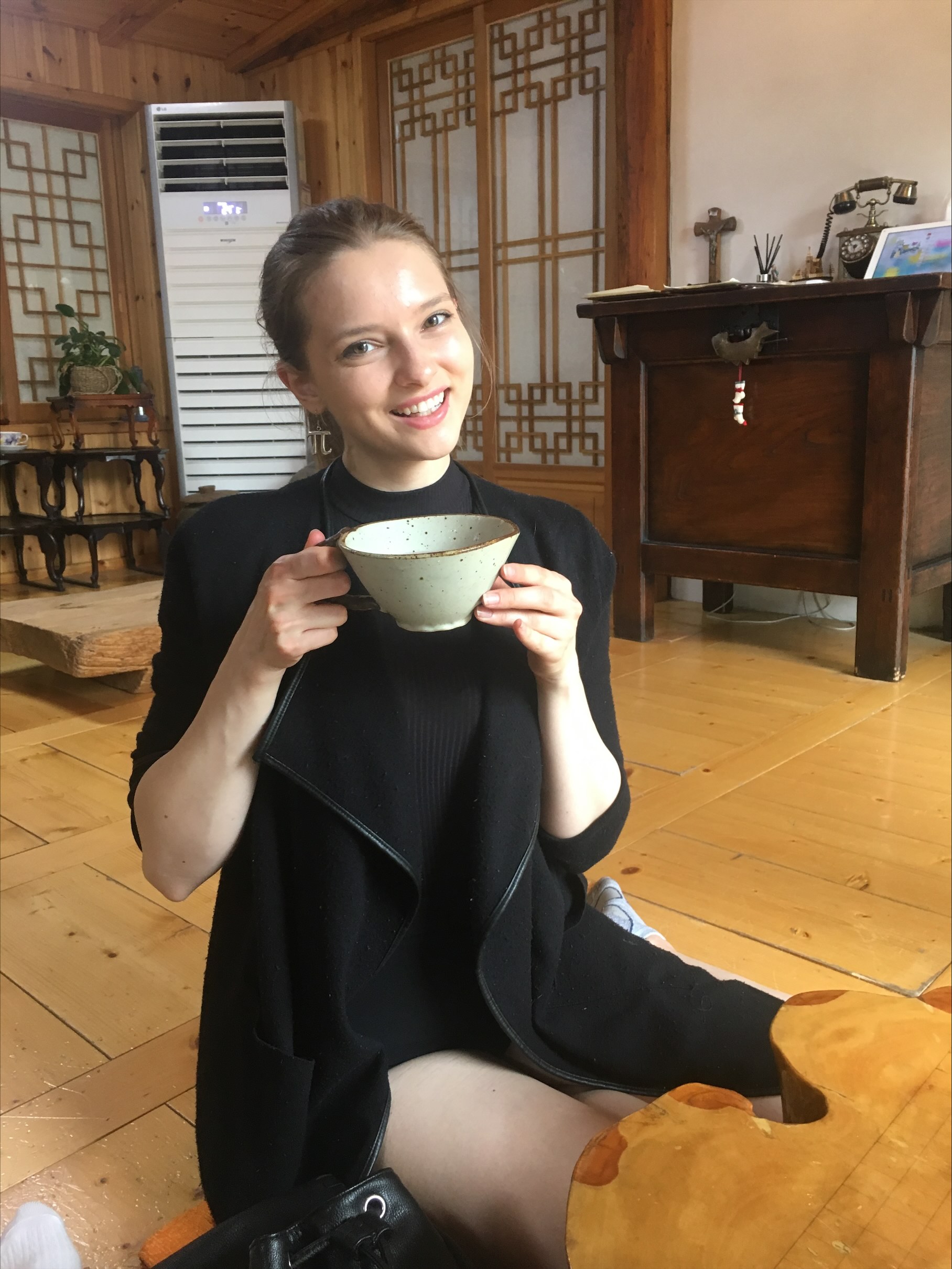Fans of Broadway have been eagerly anticipating the long-delayed 2021 Tony Awards Ceremony which will be taking place this Sunday.
The Tony Awards recognize achievements in Broadway plays. Being nominated or winning is the stuff of dreams in the world of Broadway productions, but how much does a nomination or win actually matter to the success of a show? Is one more important than the other? And does winning certain categories promise more success than others?
Samantha Pierre, a recent graduate of the U of T Department of Statistical Sciences and longtime Broadway fan, set out to answer some of these questions. Over the course of many months, she took a deep dive into the effects of Tony Award nominations on a show’s success.

The idea of combining her background in statistics with her love for Broadway was sparked by a conversation with a friend.
“I sat down with a friend for coffee one day, and I was asking for some advice,” says Sam. “My friend told me that it is important to have side projects and to make sure that they really interest me. That's when Broadway popped into my head. What if I took an analytical approach to how these shows are performing? Why do some shows do well, and others don’t? What factors are at play here?”
Finding answers turned out to be quite a feat. Key data, such as net profits or the overall cost of producing individual shows, isn't easily accessible. Pierre had to rely on other indicators, including the length of a show’s run and ticket sales.
After months of rigorous research and sifting through eight years’ worth of data, Pierre was able to come to some surprising conclusions.
She discovered that overall, nominations are more important than winning. For example, nominees for “Best in” a certain type of show gained popularity immediately after the announcement and sold more tickets, regardless of whether they won in their category. On the other hand, shows that were not nominated at all saw a five per cent decrease in ticket sales the week after the announcement.
Another surprising revelation was that being nominated for certain types of awards can actually have a negative effect on a show’s long-term success. Nominations for Best Choreography and Best Lighting had a negative effect on a show’s run length, indicating that productions that focus on these two aspects tend to underperform when compared to shows that focus on technical aspects.
As for winning, Pierre found out that snagging the Best Overall Award led to the most significant boost in a show’s success. Shows that won in this category between 2011 and 2019 managed to double their runtime.
So far, her research has resulted in an invitation to the Toronto Data Workshop, where she presented her findings. It also allowed her to build connections with real Broadway producers that will hopefully result in long-term industry collaboration to help shows and actors achieve specific goals.
Revealing important insights into something so close to her heart was an incredibly rewarding experience, says Pierre, but also took an emotional toll at times that forced her to reflect deeply on her motivations.
“It's really just coffee and rage. I wanted to throw my computer out the window so many times,” she says. “I think that having that bigger goal of wanting to get the research done and finding an effective way to work, is what kept me going.”
Another factor that played an instrumental role in weathering the ups and downs of statistical research was a strong support network.
“Having a network of data scientists who are more experienced than me was great. It was so helpful to have people on your side who can help you solve a problem you've been working on for a month with just one line of code. That was very humbling,” she says.
Her advice to other students wanting to undertake a large research project is simple: “Make it something you love!”


